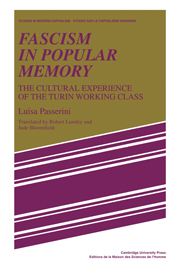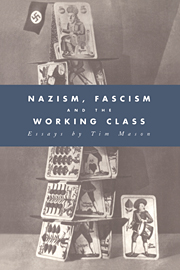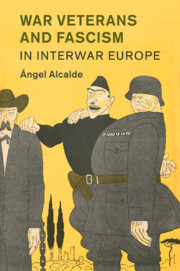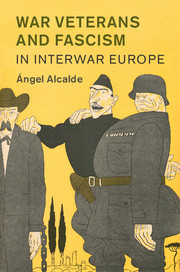Fascism in Popular Memory
This book is based on the oral life histories of about 70 men and women workers, born between the end of the last century and 1920, which are combined with sources such as police reports, documentary films and judicial documents. The interviewees recount their visions of life, of history, and of themselves; they call to memory the fascist period, and the ambivalent relationship between the Duce and the masses. A picture of resistance emerges, through such minor episodes as jokes and graffiti, wearing a red tie or whistling an old socialist tune, and through major issues such as abortions carried out in direct opposition to state propaganda. Acquiescence is also recalled, however, in the enrolment of children in fascist youth organisations or in the use of new state-controlled social services. The final chapter reconstructs an event that acquired great symbolic meaning: the eloquent and unexpected silence of the Fiat workers before Mussolini in 1939 at the inauguration of the Miraflori factory.
Product details
May 2012Adobe eBook Reader
9781139245210
0 pages
0kg
This ISBN is for an eBook version which is distributed on our behalf by a third party.
Table of Contents
- Preface
- Introduction
- Part I. Oral Sources and the analysis of Cultural Identities:
- 1. Memories of self- autobiography and self-representation
- Part II. Oral Sources and the History of Grass-Roots Cultural Forms:
- 2. Fascism and the symbolic order in everyday life
- Part III. Oral Sources and the History of the events of Everyday Life:
- 3. Forms of social acceptance of Fascism
- 4. Resistance to demographic policy
- 5. Mussolini's visit to Mirafiori
- Appendix
- Notes
- Index.










.jpg)